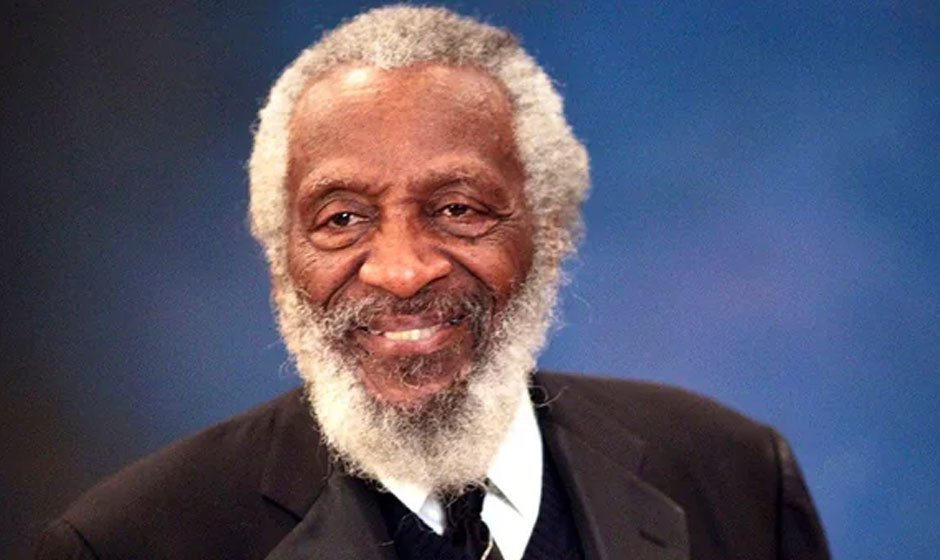Dick Gregory, the iconic American comedian, and actor, left an indelible mark on the world of comedy and social activism. His unique blend of humor and political commentary challenged societal norms and made a lasting impact on the civil rights movement. This article explores his early life, career, profession, and details about his passing, shedding light on the remarkable legacy of this influential figure.
Early Life
Richard Claxton Gregory was born on October 12, 1932, in St. Louis, Missouri. He grew up in a poor, working-class family and faced the challenges of racial segregation in the United States during his youth. Gregory’s experiences with racism and inequality would go on to shape his comedic and activist sensibilities.
Career and Profession
Dick Gregory began his career in comedy during the 1950s, a time when African American comedians often faced discrimination and limited opportunities. His humor was groundbreaking, as he used satire and wit to address issues of racial injustice, civil rights, and social inequality. His performances challenged audiences to confront the uncomfortable truths of their society.
One of Gregory’s pivotal moments came in 1961 when he was invited to perform at Hugh Hefner’s Playboy Club in Chicago. He was one of the first Black comedians to perform at the club, and his act was a hit. This opportunity opened doors for him to perform in predominantly white venues and reach a wider audience.
Recalling Dick Gregory Net Worth
His last recorded net worth was $8 million.
His Autobiography
In 1962, Gregory published his autobiography, “Nigger,” which garnered significant attention and stirred controversy. The title was provocative, but the book’s content served as a powerful commentary on the state of race relations in America. Gregory’s willingness to tackle such difficult subjects marked him as a fearless comedian and activist.
Run For U.S Presidency
In 1968, Dick Gregory made a historic run for the U.S. presidency as a write-in candidate for the Freedom and Peace Party. His campaign was rooted in anti-war sentiments and civil rights advocacy. While he didn’t win, his campaign was a symbol of his dedication to using the political process to bring about change.
His Death
Dick Gregory passed away on August 19, 2017, at the age of 84. His death was met with an outpouring of tributes and acknowledgments of his profound impact on comedy and activism. Gregory’s legacy continues to influence comedians, activists, and those who believe in the power of humor and truth to bring about social change.
Dick Gregory’s legacy is one of fearless social commentary and a commitment to using humor as a tool for change. He broke down racial barriers in comedy and used his platform to address the pressing issues of his time. His unique ability to combine humor and activism made him a trailblazer in the entertainment industry and a key figure in the civil rights movement.
Conclusion
Gregory’s work helped pave the way for future comedians who use humor to engage with social and political issues. His legacy is not only about the laughter he inspired but also the conversations he started and the changes he sought to bring about in a divided and unjust world.

